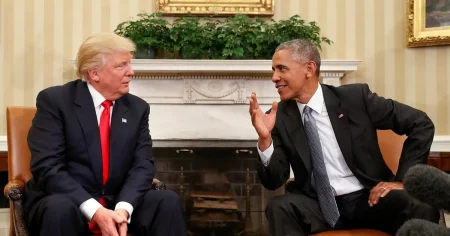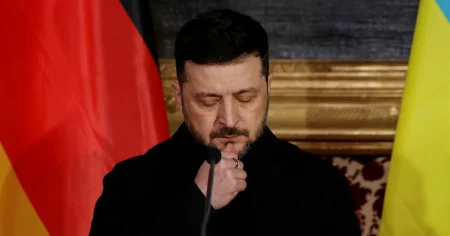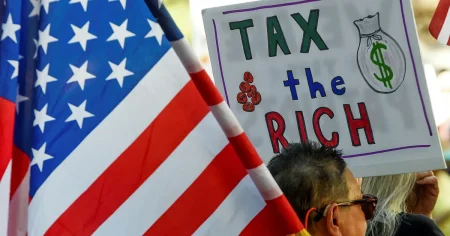The recent pronouncements by Swedish Energy Minister Ebba Busch regarding potential changes to Norway’s electricity export agreements have sparked a heated debate, highlighting the complex and often contentious relationship surrounding energy trade between the two nations. Busch’s strong criticism of Norway’s consideration to not renew existing agreements for two electricity cables connecting to Denmark has been met with accusations of ”double standards” and a lack of self-awareness by Norwegian media outlets, notably Dagbladet. This controversy underscores the inherent tensions between national energy security interests and the broader goals of regional energy cooperation, particularly in the context of the ongoing energy crisis in Europe.
The core of the disagreement stems from the potential impact on electricity prices and supply stability. Busch’s concern centers on the possibility that a reduction in electricity export capacity from Norway to Denmark could indirectly affect Sweden’s energy market, potentially leading to price increases and supply shortages. She argues that such a move would be counterproductive to the principle of regional solidarity and cooperation in addressing the shared energy challenges faced by European nations. However, the Norwegian perspective emphasizes the need to prioritize domestic energy security and address internal concerns regarding price volatility and grid stability. This differing prioritization reveals a fundamental tension between national interests and regional cooperation in the energy sector.
The accusations of ”double standards” levelled against Busch stem from Sweden’s own historical actions regarding energy policy. Critics point to instances where Sweden has prioritized its domestic energy needs, potentially at the expense of its neighbors. This perceived inconsistency in applying principles of regional cooperation fuels the criticism against Busch’s current stance. Furthermore, the accusation of lacking self-awareness highlights the perception that Busch is overlooking Sweden’s own contribution to the complex energy dynamics in the region. This perceived lack of acknowledgement of Sweden’s own policy decisions weakens her argument and fuels the ongoing debate.
The ongoing energy crisis, exacerbated by the war in Ukraine and its impact on natural gas supplies, has placed significant strain on European energy markets. This has amplified national anxieties regarding energy security and affordability, leading to a heightened sensitivity surrounding energy trade and export policies. In this context, the dispute between Sweden and Norway becomes emblematic of the broader challenge facing European nations: balancing national energy security interests with the need for regional cooperation to ensure a stable and affordable energy supply. The pressure to secure domestic energy supplies creates a temptation for nations to prioritize their own needs, potentially undermining efforts towards a cohesive European energy strategy.
The debate also highlights the complex interplay of different energy sources and infrastructure within the Nordic energy market. The interconnection of electricity grids allows for cross-border electricity trade, but it also creates interdependencies that can be both beneficial and problematic. While interconnection facilitates the exchange of surplus energy and contributes to overall grid stability, it also creates vulnerabilities. Fluctuations in supply or demand in one country can have ripple effects across interconnected grids, potentially impacting energy prices and security in neighboring countries. This interconnectedness necessitates careful coordination and cooperation to ensure the stability and resilience of the entire energy system.
Moving forward, the dispute between Sweden and Norway underscores the urgent need for enhanced dialogue and cooperation among European nations to address the shared energy challenges. Building trust and establishing clear mechanisms for coordinating energy policies is crucial for ensuring both national energy security and regional market stability. The current situation highlights the limitations of prioritizing national interests in isolation and emphasizes the importance of developing a more integrated and collaborative approach to energy security in Europe. This requires a commitment to transparent communication, mutual understanding of national constraints, and a willingness to work together towards a sustainable and resilient energy future. Only through such collaborative efforts can Europe effectively navigate the ongoing energy crisis and ensure a secure and affordable energy supply for all its citizens.














